From payroll, BAS & compliance to advisory reporting – expert bookkeeping solutions tailored for your business.

We manage invoices, payments, and receivables to keep your cash flow steady. Our Brisbane bookkeeping ensures suppliers are paid on time and customers settle quickly.
Accurate payroll processing with PAYG, superannuation, and tax reporting handled by registered BAS Agents. We keep your team paid correctly while ensuring full compliance with the ATO.
Turn financial data into decisions with expert reporting, forecasting, and tailored advice. Our Brisbane bookkeeping team helps you understand performance and plan confidently for growth.
Registered BAS Agents managing BAS, IAS, and TPAR lodgements. We ensure accurate reporting, reduce ATO risks, and keep Australian businesses stress-free with compliance obligations.
Certified XERO specialists offering setup, reconciliation, and support. We maintain accurate records, simplify reporting, and give Brisbane businesses real-time financial visibility with cloud bookkeeping software.
Behind on your books? We provide catch-up bookkeeping, forensic file reviews, and rescue services. Restore accuracy, fix errors, and regain control of your business finances.
If you’re looking for an experienced, reliable bookkeeping service in Brisbane, your search can finally come to an end. Put down your calculator, take a deep breath and stop worrying about your books – let the experts take over! At this Brisbane Bookkeeping Service, you’ll find amazing bookkeepers with unmatched skills, dedication, and financial knowledge that can literally change your life. Get in touch today, and you’ll be one step closer to making this key part of your business run flawlessly.
Are you a small business owner looking to make the most of your resources? Many business owners overlook the potential that comes with hiring a bookkeeper. Here are some of the key benefits of having a professional bookkeeper on your team:
Hiring a professional bookkeeper frees up your time, allowing you to focus on running your business rather than spending hours doing the books. Let's be honest: you probably don't love bookkeeping; otherwise, you would be doing our job!
Professional bookkeepers are experts in accurately capturing financial data, ensuring your books are always up-to-date and error-free.
Bookkeepers keep track of the myriad of ATO and other compliance deadlines and make sure you are always lodging your BASs, payroll and other data on time.
Professional bookkeepers use technology to create efficiencies in your business, reducing stress and giving you time back to focus on what is important to you.
Bookkeepers can provide detailed financial reports and insights, giving you a clearer picture of your business, which helps you make informed decisions.
While it may seem like an additional expense, hiring a bookkeeper can actually save you money in the long run by avoiding costly mistakes.

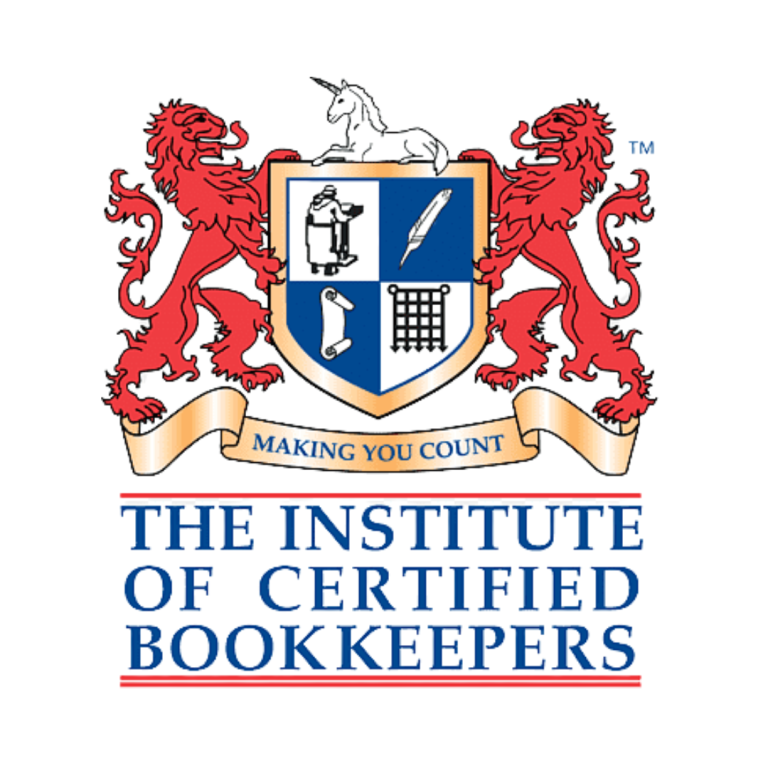
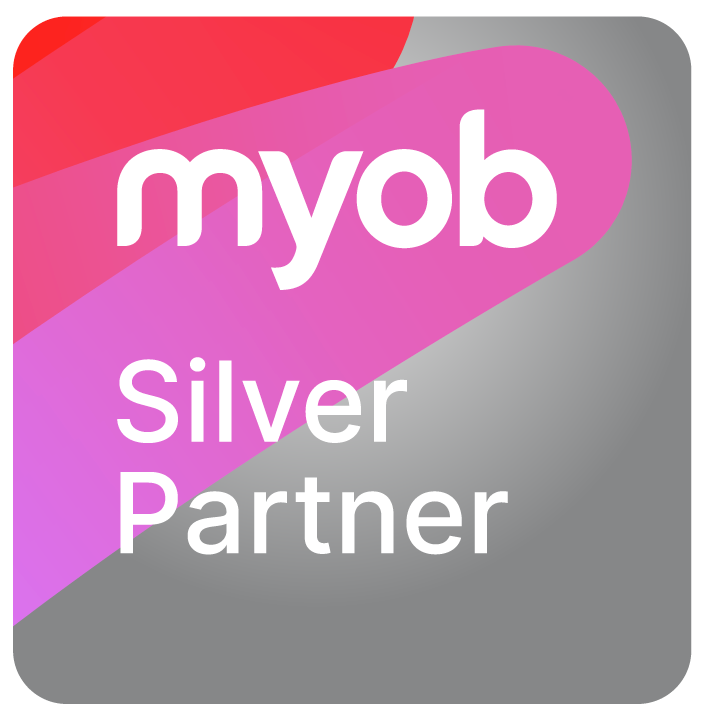
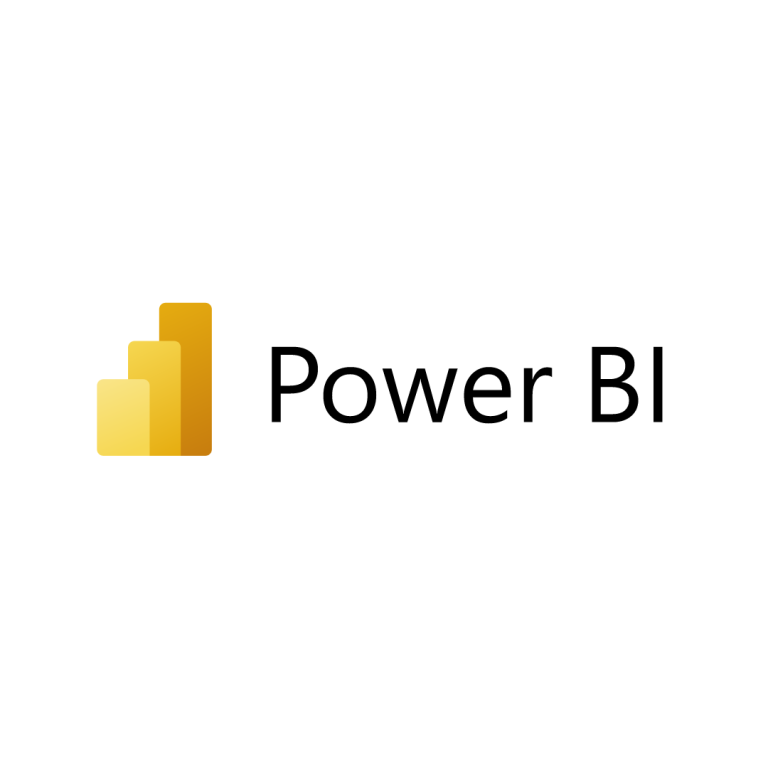


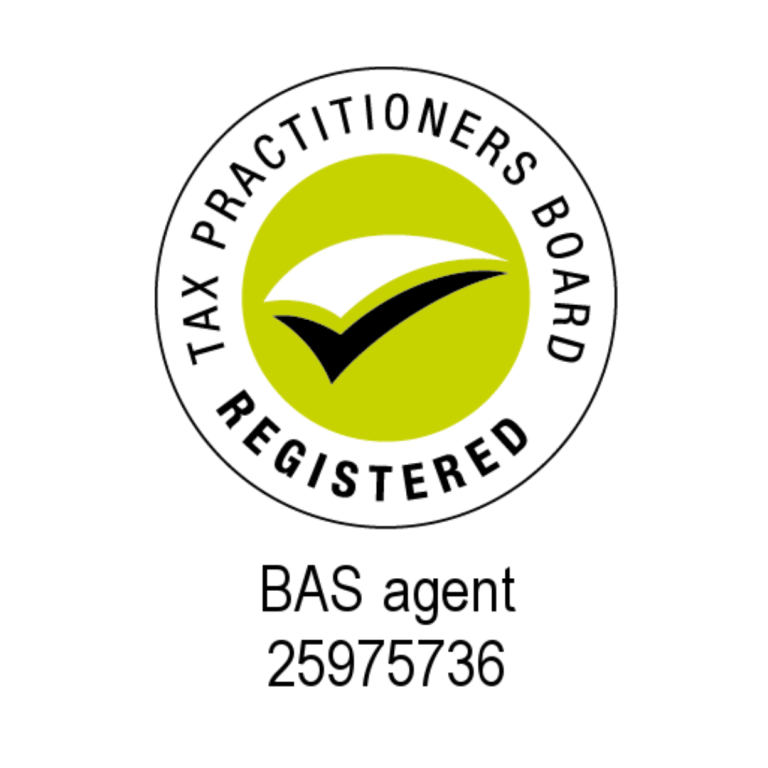
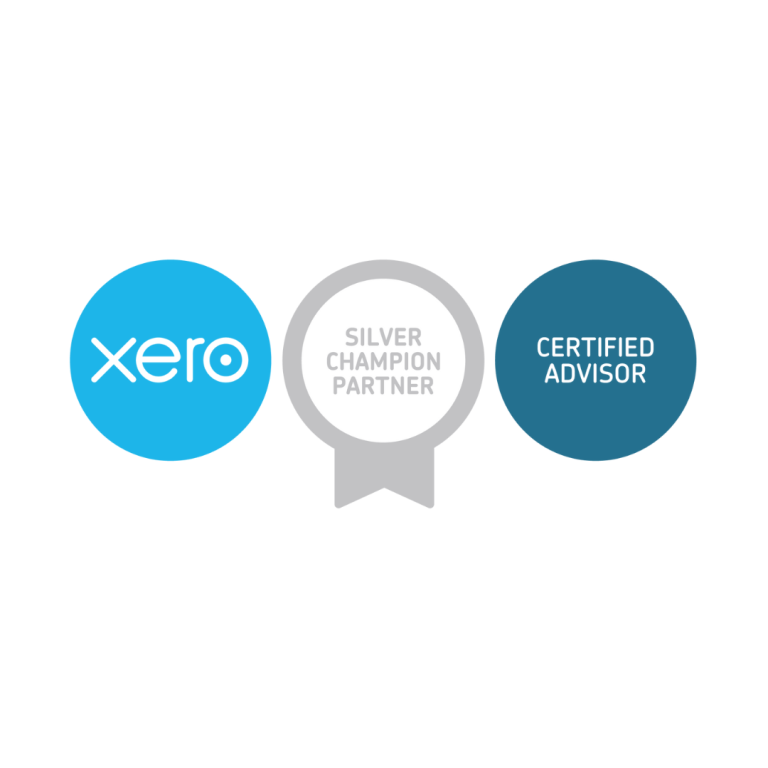
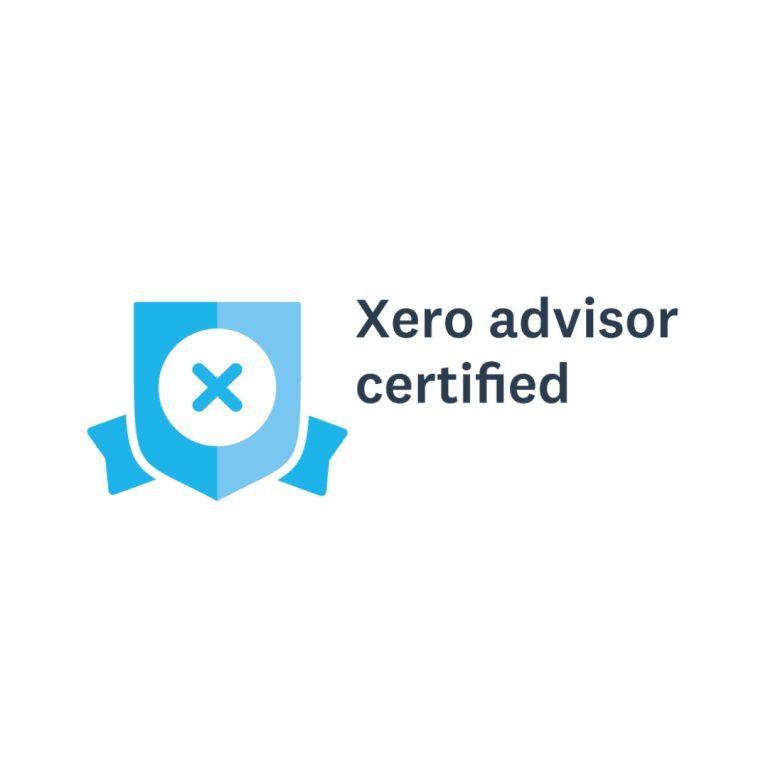
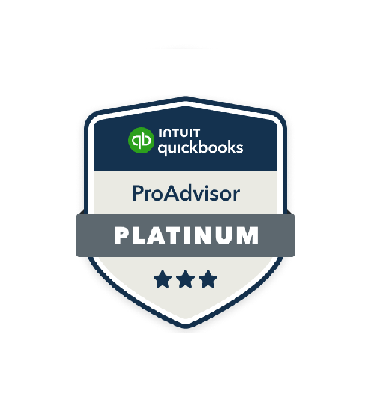
Did you know that the term “bean counting” originally referred to ancient farmers who counted their crops using actual beans?
We have experience with clients in the following industries:
If you’re running a business, it’s important to keep accurate and up-to-date records of your financial transactions. This can be a time-consuming task, and one that requires skills and expertise to ensure that everything is recorded correctly and in compliance with relevant regulations.
That’s where a professional bookkeeper and BAS (Business Activity Statement) Agent can come in handy. A bookkeeper can help you manage your day-to-day financial tasks, such as recording transactions, reconciling bank statements, and managing payroll. They can also prepare financial statements, budgets and cash flow forecasts that will give you a clear picture of your business’s financial health and outlook.
A BAS agent, on the other hand, can help you with your BAS and GST (Goods and Services Tax) compliance requirements. BAS agents are registered with the Australian Taxation Office (ATO) and are authorized to prepare and lodge BAS statements on behalf of businesses. They can also provide advice on GST-related matters and help ensure that your business is meeting its obligations under the GST legislation.
Engaging a bookkeeper and BAS agent can help you save time and avoid costly mistakes. They can also provide valuable insights into your business’s financial performance and help you make informed decisions about how to grow and improve your operations.
A skilled Bookkeeper and BAS Agent needs to have tertiary qualifications, but it’s more than merely having the right qualifications, they need to be detail-oriented, thorough and have excellent communication skills. Some of the key requirements include the following:
Bookkeepers can offer a variety of services, including:
The cost of engaging a bookkeeper will vary depending on your needs and the scope of work. We will work with you to understand your needs and will then be better able to provide an accurate quote for your work. We prefer to work on a fixed-fee basis so you can better manage your cashflow. Engaging a professional bookkeeper will actually save you money in the long run as they will streamline your workflow and implement procedures to ensure you don’t unknowingly make costly mistakes.
Whether to hire an in-house or outsourced bookkeeper depends on your business needs, budget, and preferences. In-house bookkeepers may appear to provide more personalised service, but they are not required to hold appropriate tertiary qualifications nor be registered with the Taxation Practitioners Board (TPB). Outsourced bookkeepers and BAS Agents, on the other hand, will have a much greater wealth of knowledge due to working with clients in many industries. They are also required to be tertiary qualified, registered with the TPB, hold Professional Indemnity Insurance, and undertake continuing professional development to ensure they are fully up to date with the ever-changing rules and requirements of the industry.
Choosing the right bookkeeper and BAS agent for your business is an important decision that can have a significant impact on both you and your business.
Consider the following when choosing a bookkeeper and BAS Agent:
While the foundation of the Goods and Services Tax (GST) might seem straightforward, like many things in finance, the devil is in the details. In this article, we talk about a topic where mistakes are frequently made: GST on credit card fees and annual card charges.
The Nuances of Credit Card Fees
Firstly let’s address a common misconception. Most businesses assume that every expense that passes through their books will have GST included. However, credit card fees and charges are a trap, as GST does not apply to all transactions.
For instance, the interest you pay on credit card balances is exempt from GST (technically, interest is a “BAS Excluded” transaction). What if you’re a business that accepts credit card payments from your customers? The merchant fees you pay your card provider typically do include GST.
Now for the fun bit – Credit card surcharges when you pay bills. Whether GST applies to the surcharge is dependent on whether GST applies to the underlying transaction you are paying. It gets even more confusing when the bill you are paying is a “mixed supply” where part of the bill attracts GST, and part has no GST – insurance premiums, vehicle registration and telephone bills are common examples here. The joy with credit card fees on these payments is that part of the fee attracts GST and part doesn’t so you need to split your credit card surcharge when recording the transaction in your accounts. It’s small details like this that can trip you up if you’re not careful.
Annual Card Fees
Similarly, annual credit card fees are another area of confusion. Annual fees do not attract GST as they are not considered to be the supply of goods or services (because, you know, GST is a Goods and Services Tax).
The Hidden Costs of Misunderstanding
Imagine this: if you’re claiming GST credits incorrectly, not only could you be losing out on claiming GST credits that you’re entitled to, but you could also find yourself at odds with the ATO if you’re incorrectly overclaiming GST. It’s crucial that businesses understand the GST system if they are doing their own bookkeeping and accounting.
Why Engage a Professional Bookkeeper?
This is where the value of an experienced bookkeeper is invaluable. Professional bookkeepers possess an in-depth understanding of the nuances and ever-evolving landscape of the GST system. With their help, you can navigate the confusing maze of credit card fees, annual charges, and other not-so-obvious GST implications with confidence.
While the basic concept of GST might seem easy to grasp, it’s the layers beneath the surface that can complicate matters. The most well-intentioned, diligent business owners can find themselves making avoidable mistakes.
As always, our goal here isn’t to overwhelm or cause panic. It’s simply to emphasize the importance of recognizing when you’re in over your head. Sometimes, a small investment in professional expertise can save you from much larger financial pitfalls down the road.
So, the next time you’re feeling uncertain about the GST implications of an expense or financial decision, remember this article. It might just be time to give your trusted bookkeeper a call.
PS – If you find this topic enthralling, you can find more details in the ATO’s GSTR 2014/2 ruling here
This is a little-known financial dilemma faced by many Australians: managing HECS/HELP debt alongside the benefits of salary sacrificing. It’s one of those areas where, despite your best intentions, you could end up with an unexpected (large) tax bill at the end of the year. Let’s see what’s going on…
The Basics of HECS/HELP Debt
The cost of tertiary education is not insignificant, and the ability to pay your fees upfront each semester is out of reach for most people. The HECS/HELP program is an interest-free government loan available to eligible students where the Federal Government pays the course fees on your behalf. The loan then is repaid once you are earning an income and your annual wages are above a specified threshold. The threshold increases each year, and for 2023-24 it is $51,550.
It’s important to note that while the HECS/HELP debt is interest-free, indexation is applied to the outstanding balance on 1 June each year. Historically the indexation rate has been close to 2%, but it has increased in the last couple of years and on 1 June 2023, it was a sizeable 7.1%.
Understanding Salary Sacrificing
Salary sacrificing involves agreeing with your employer to forgo part of your pre-tax salary in return for benefits of similar value, and you then pay tax on the reduced wages.
The most common thing that employees salary sacrifice is superannuation contributions. This is a very tax-effective way to get money into your superannuation account, as these contributions are concessionally taxed at 15% when received by the fund. In comparison, if you were to make a contribution from your after-tax income, you would have paid tax on those wages at your marginal tax rate. For example, if your wages are between $45,001 – $120,000, the marginal rate is 32.5% plus Medicare Levy (2023-24 tax rates).
There are also other items that can be salary sacrificed, but most attract Fringe Benefits Tax, and those working in the not-for-profit sector can salary sacrifice additional items without creating FBT obligations for their employer.
The Hidden Trap
Now, here’s where many get caught… While salary sacrificing can decrease your taxable income, when it comes to calculating your compulsory HECS/HELP repayment, the Australian Taxation Office (ATO) looks at your “Repayment Income”, which is calculated as your taxable income, plus any salary sacrificed amounts**.
To put it plainly, even if you salary sacrifice and consequently pay less tax throughout the year, your HECS/HELP repayments are based on the larger figure – your wages before any salary sacrifice deductions. This can result in a shock at tax time, as many find themselves with unexpected taxes to pay.
Prepare and Plan Ahead
So, how do you navigate this potential minefield?
Consider having extra tax withheld from your wages One proactive step is to ask your employer to withhold additional tax from your wages during the year. It might seem counter-intuitive, especially since the whole point of salary sacrificing is to reduce the tax you pay, but this strategy can prevent a potentially hefty tax bill at the end of the year.
Be Ready for End-of-Year Tax Liabilities If you prefer to keep your money on hand throughout the year, then it’s vital to be prepared for a potential tax debt when submitting your tax return. Having savings put aside in a separate bank account can help you be prepared.
Why Seek Professional Advice?
Remember, it’s important to not only look at each component of your wages or deductions in isolation but also how they all combine and affect your broader financial picture. Always consider seeking guidance when you’re in doubt, as sometimes, a little investment in professional expertise can help avoid bigger challenges down the track.
Salary sacrificing can be a brilliant strategy for tax minimisation, but ensure you’re fully aware of all implications, especially if you’re juggling HECS/HELP repayments.
** “Repayment Income” is actually more than just your taxable income plus salary sacrificed items; it’s taxable income plus the following:
If you like reading the boring stuff, here are links to the ATO with further details:
We all know how inconvenient it can be when you’re in a rush and 2FA pops up, slowing down your login. 🙄. There are lots of 2FA options out there and you often get to choose the one that suits you best, whether that be using an authenticator app, using the software’s own app, or opting for the code to be sent by email.
But, using only the one 2FA method every time you log in isn’t always the best long-term strategy.
What if your go-to method fails one day? 🤔 Are you prepared? Do you remember your security questions, backup codes, or alternate email/phone details?
Here’s a tip: Log in using your backup method occasionally! It’s a great way to refresh your memory on those tricky security questions and ensure your alternate contact info is up to date.
When the day comes when you really need that backup method, you’ll thank yourself for being prepared! 🔒💡
Feel like we're a good fit?
It’s never been easier to get in contact with a great Brisbane Bookkeeping Service – it’s just a few clicks or phone call away! Complete our contact form and we’ll organise a convenient time for us to talk about your business and see how we can remove the stress from your life and give you your time back.